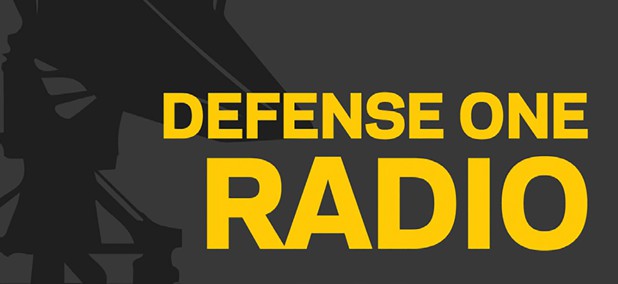U.S. Military Strategies Evolve in Response to Drug Cartels

The ongoing battle against drug cartels in Mexico has gained renewed attention as U.S. military strategies evolve to address this persistent challenge. In a recent episode of Defense One Radio, journalist and writer Kevin Maurer discussed the complexities surrounding U.S. special operations forces and their potential involvement in combating drug trafficking organizations.
Maurer, known for his extensive reporting on U.S. military operations, shared insights from his article for Rolling Stone, titled “Here’s What Trump’s Mexico Invasion Plan Could Look Like.” This report delves into the implications of increased military action against cartels, particularly in light of former President Donald Trump‘s proposals during his administration.
Military and Law Enforcement Dynamics
The conversation highlighted the intricate relationship between military forces and law enforcement agencies in the United States and Mexico. Maurer emphasized that while the military’s involvement might provide tactical advantages, it could also complicate existing law enforcement efforts. The potential for military action raises questions about jurisdiction, strategy, and the impact on local communities.
According to Maurer, the U.S. military’s primary focus has traditionally been on national defense and overseas engagements. However, the persistent threat posed by drug cartels has prompted discussions about a more proactive military role. This shifting focus is evident as U.S. officials consider measures to bolster border security and disrupt trafficking networks.
The Human Cost and Policy Implications
As military strategies are debated, the human cost of the drug war remains significant. Cartel violence has led to countless fatalities and displacement within Mexico, with innocent civilians often caught in the crossfire. Maurer pointed out that any military intervention must consider the humanitarian implications, ensuring that actions do not exacerbate the suffering of those already affected by violence.
The discussions also touched upon the political ramifications of military intervention in Mexico. Historical precedents reveal that U.S. involvement can lead to complicated diplomatic relations and unintended consequences. Maurer noted that the effectiveness of military solutions must be weighed against the potential for long-term destabilization in the region.
In conclusion, the conversation on Defense One Radio underscored the need for a nuanced approach to combating drug cartels. As the U.S. military contemplates its role in this ongoing crisis, the focus must remain on strategic planning, humanitarian concerns, and collaboration with local authorities. The struggle against drug trafficking is not just a military challenge; it requires a comprehensive response that prioritizes the safety and well-being of affected communities.






